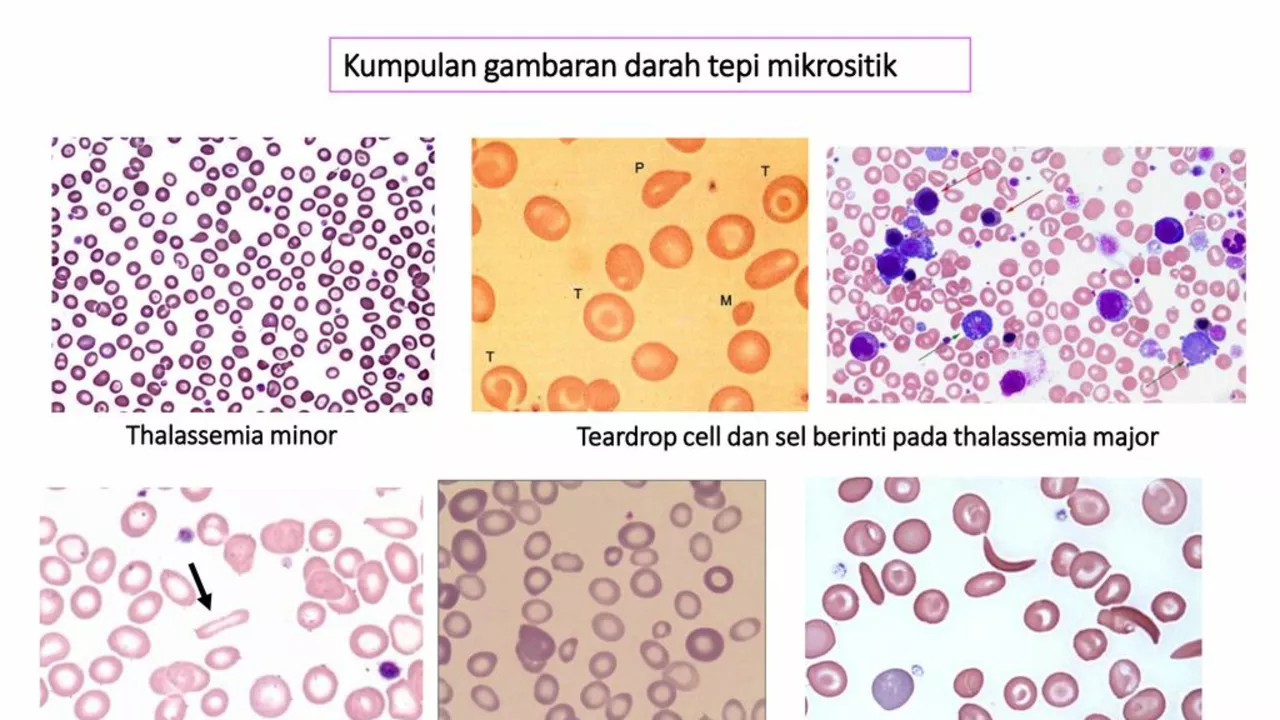Early diagnosis: how to spot problems before they get worse
Finding a health issue early changes everything. Early diagnosis often means simpler treatment, fewer complications, and a better chance to return to normal life. You don’t need to be a doctor to take the right steps—small actions like routine checks and knowing your body make a big difference.
How to spot signs early
Start by knowing what’s normal for you. Track weight, sleep, digestion, skin changes, breathing, and energy levels. Sudden or persistent changes—new lumps, unexplained bleeding, drastic weight loss or gain, long-lasting cough, or new severe pain—are red flags. Don’t shrug them off as stress.
Use routine screening tests. Basics that matter: blood pressure, fasting glucose or A1C for diabetes risk, cholesterol, and annual physical exams. Depending on age and risk, add mammograms, Pap tests, colonoscopy, skin checks, lung screening for heavy smokers, and bone density scans. Family history changes the timeline—if close relatives had early heart disease or cancer, start earlier and test more often.
What to do next
If something looks off, call your primary care provider and be specific. Describe how long the issue has lasted, what makes it better or worse, and any related symptoms. Ask directly: "Should I get a test now?" or "Do I need a referral to a specialist?" That keeps the conversation focused and speeds up diagnosis.
Prepare for visits. Bring a short timeline of symptoms, a list of medicines and supplements, and family medical history. If tests are ordered, ask what they aim to find and how soon results will be ready. If you don’t get an answer in the promised time, follow up—delays in results can delay treatment.
Use available tools. Many clinics let you message your care team through patient portals. Pharmacies and online resources can help you check drug interactions or side effects if new medicines are prescribed. If cost or access is a barrier, ask clinics about sliding scales, community health centers, or screening programs—there are often low-cost options for key tests.
Remember: not every test is necessary for everyone. Good early diagnosis balances risk, age, family history, and symptoms. Don’t chase every screening because it’s trendy—focus on the tests that matter for your personal risk. When in doubt, ask a clinician to explain why a test helps and what the next steps would be depending on the result.
Early diagnosis is mostly about paying attention and asking the right questions. Notice changes, keep up with the right screenings, and push for clear next steps when something isn’t right. That simple approach will save time, stress, and often health down the road.

The Importance of Early Diagnosis in Sickle Cell Anemia
In my recent exploration, I've come to understand the immense importance of early diagnosis in sickle cell anemia. This disease, caused by an abnormality in the oxygen-carrying protein hemoglobin, can lead to a life of pain and complications if not detected early. Early diagnosis provides a chance for proper management of the disease, reducing potential crises and extending life expectancy. Additionally, it allows for informed family planning, as sickle cell is a hereditary disease. Remember, the sooner the diagnosis, the better the chances for a healthier life.
Read More




